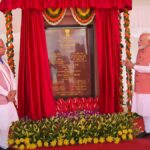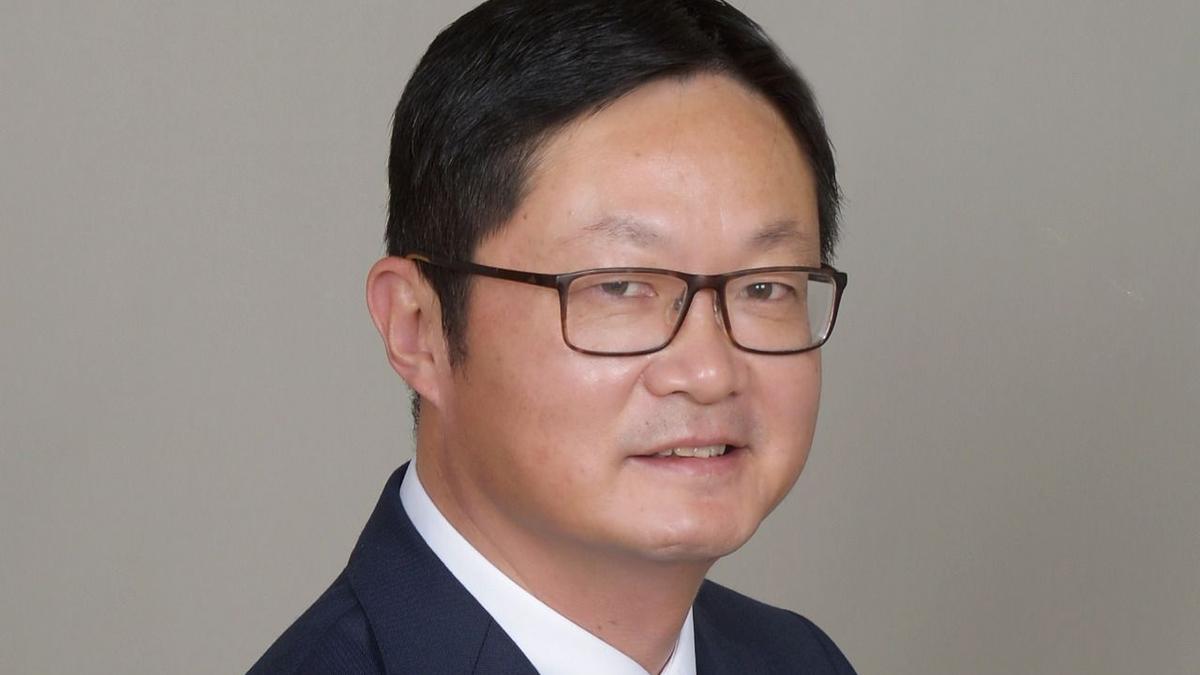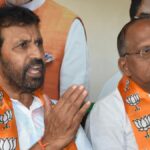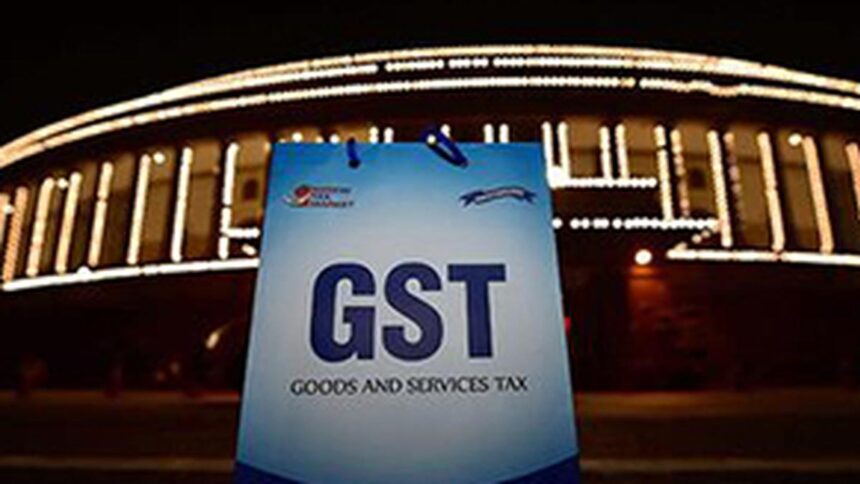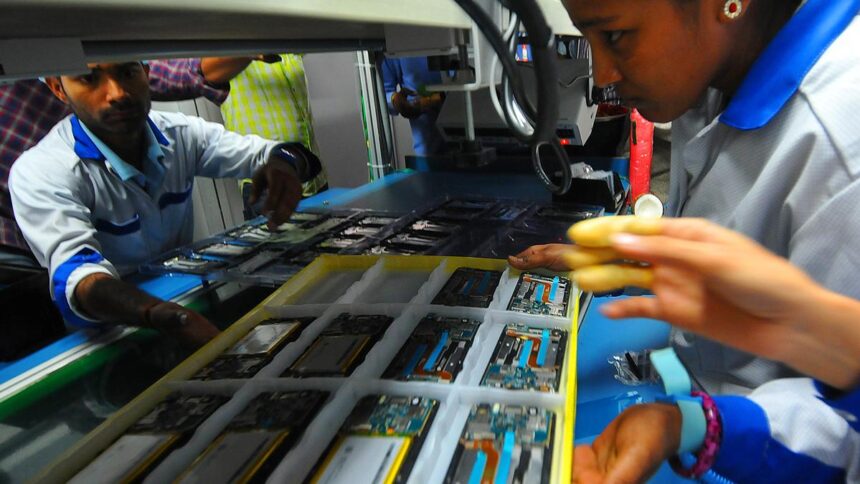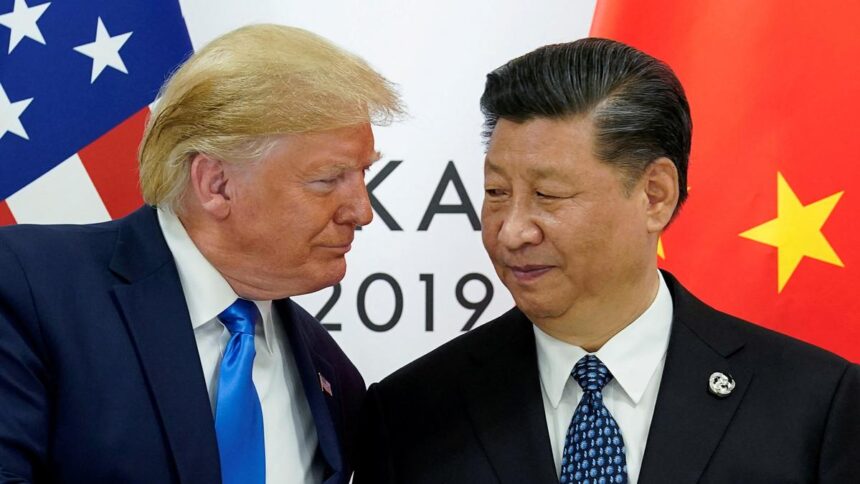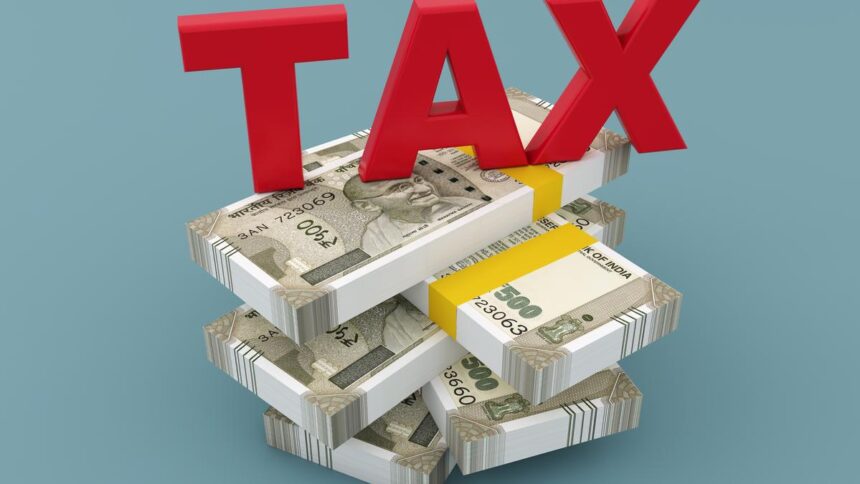
Scott Wang, Vice President, Asia Pacific, for the World Trade Centers Association. Photo: Special Arrangement
The increasingly inward looking attitude of countries around the world didn’t happen overnight, and is a result of the unequal growth that emerged from the ‘golden’ period of globalisation in the 1990s and 2000s, according to Scott Wang, Vice President, Asia Pacific, for the World Trade Centres’ Association.
Speaking to The Hindu, Mr. Wang acknowledged that the world is becoming more divided and that the international trade landscape was becoming more fragmented. However, he also noted that this was a transition period towards a more inclusive and well-rounded growth model.

“There is a rise of unilateralism, protectionism, and nationalism,” Mr. Wang explained. “These are all sort of inward looking. Tariffs are the same thing. It’s to protect domestic manufacturers.”
He added that inward-looking doesn’t necessarily mean focussing exclusively on domestic markets, but that international policy is also becoming increasingly region-based or block-based, resulting in trends like near-shoring and friend-shoring.
However, he also explained that the current situation was not something that emerged suddenly, or as a result of any particular person. Rather, it is a result of the kind of globalisation that took place in the 1990s and 2000s.
“If you look at the situation right now, it didn’t happen overnight,” Mr. Wang explained. “It has kind of been evolving over the past decade at least.”

“When you’re talking about the “golden era” [the 1990s and 2000s] of globalisation, it brought prosperity and growth on a global scale, but there were also issues,” he added. “The issue was that the distribution of wealth was very uneven among countries and among classes inside a country.”
This, he said, began to create problems as people began to realise that the benefits of globalisation were accruing to a few. As a result, people began to use their votes and voices against this trend, which began to have a significant impact on trade policy and immigration laws.
“So, you see the rise of nationalism, sometimes you see anti-immigration, things like that,” he explained. “These are all kind of because of some of the issues with that “golden” version of globalisation. So, the World Trade Organisation’s position is that we’re moving towards a more inclusive, more sustainable, more common prosperity type of globalisation, but we’re not there yet.”
“We’re probably in a transitional period where you see a lot of uncertainty, a lot of turmoil,” he added.
Mr. Wang also spoke about the annual Geopolitical Annual Trade Risk Index (GATRI) that has been developed by the WTCA and the Hague Centre for Strategic Studies. This index seeks to quantify the influence of geopolitical developments on global trade.
The index uses open-source data across three verticals — diplomatic, military, and economic — to judge how things like trade interventions, conflicts, and diplomatic behaviour such as state visits rhetoric and voting patterns in bodies like the United Nations affect trade relationships.
The latest reading in the index, for the year 2024, shows that trade risks were at the highest that year since 2019, the earliest year for which the Index has data.
Published – August 07, 2025 04:11 pm IST




